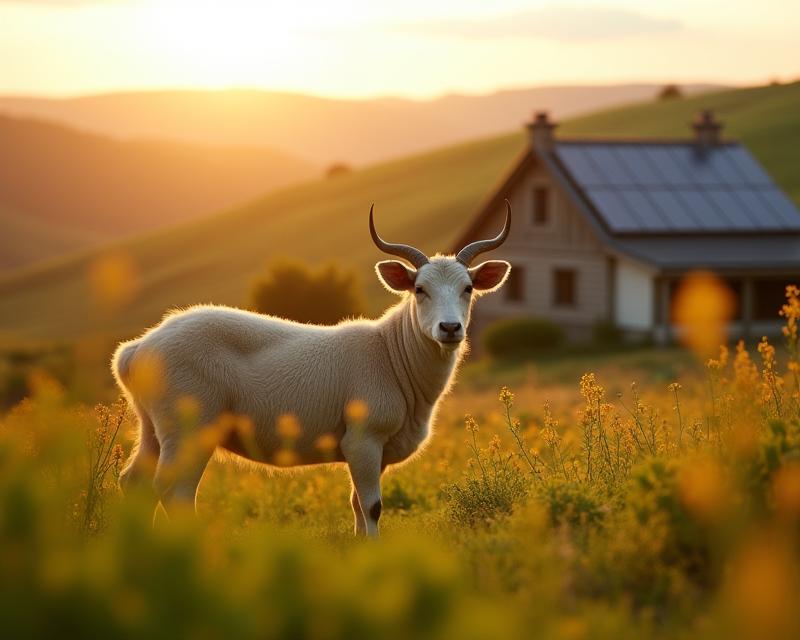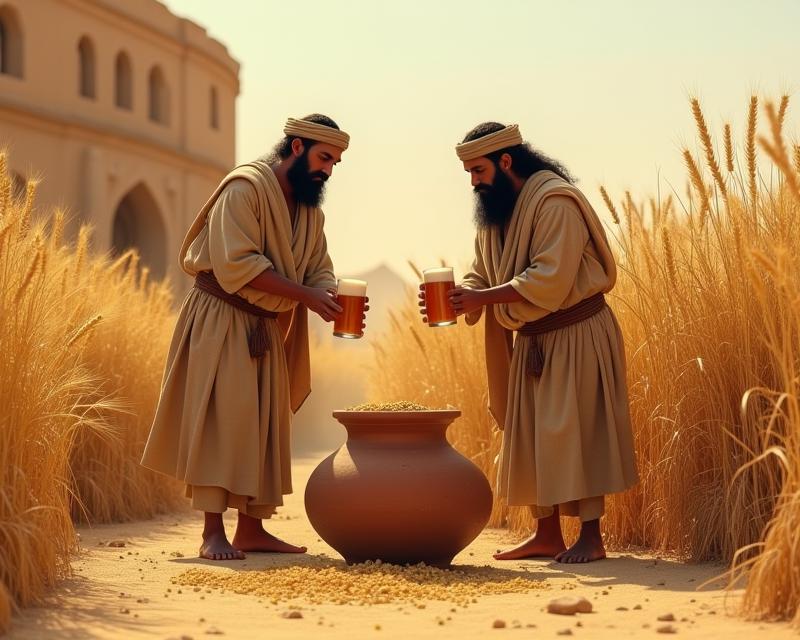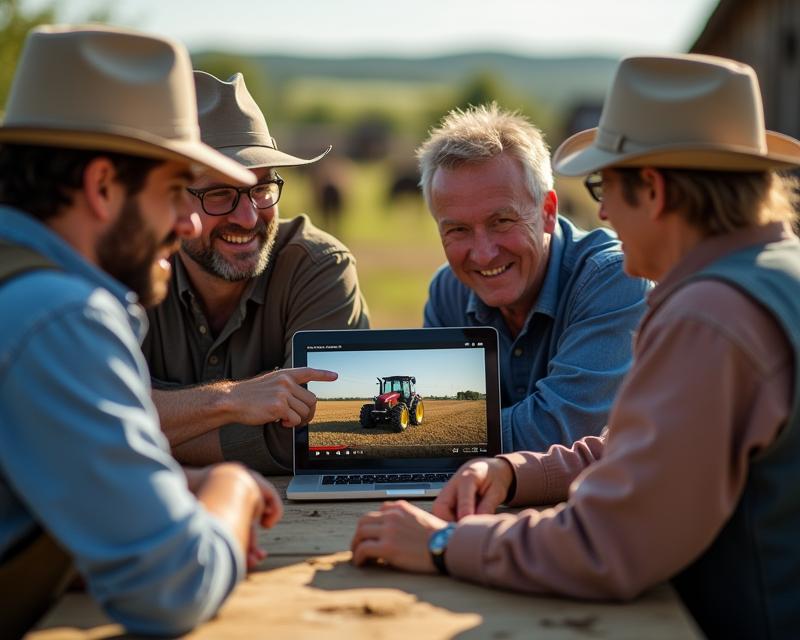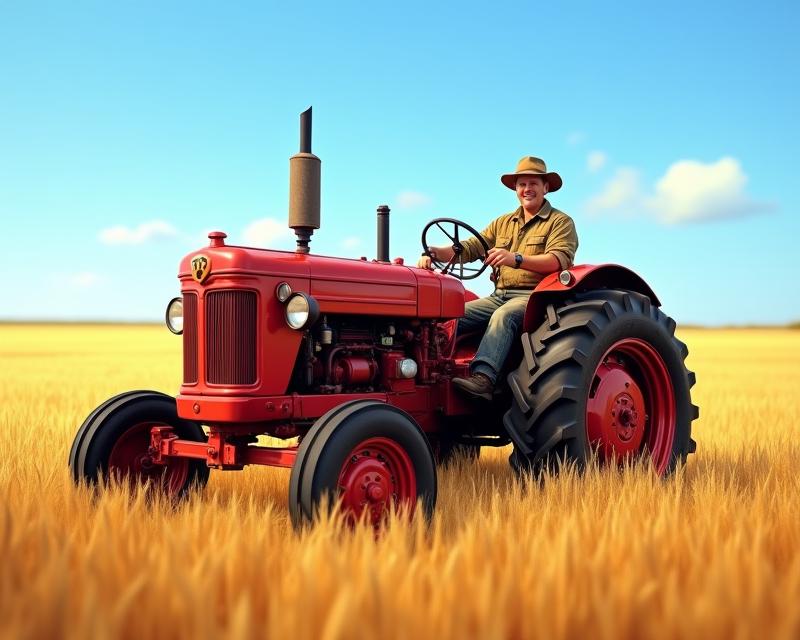Off-Grid Farm Life: A Realistic Look
Publish in Farm Life el 28/06/2025 22:27
Off-Grid Farm Life: A Realistic Look
The allure of an off-grid farm – independence, self-sufficiency, and a deep connection to the land – is strong. Many dream of escaping the constraints of modern life and forging a simpler existence, powered by the sun and fueled by the earth. But is this idyllic vision truly attainable, and is it right for everyone? Let's delve into the realities of living off-grid on a farm, exploring both the rewarding pros and the challenging cons.

The Alluring Pros of Off-Grid Living
The benefits of going off-grid are numerous. Perhaps the most significant is the freedom from utility bills. Imagine eliminating monthly electricity, water, and gas expenses! This financial independence can be transformative, allowing you to reinvest in your farm or simply enjoy greater financial security. Beyond the financial aspect, off-grid living fosters a profound sense of self-reliance. You become intimately familiar with your resources, learning to conserve, repair, and generate what you need. This hands-on approach to problem-solving is incredibly empowering.
Navigating the Challenges: The Cons of Self-Sufficiency
However, off-grid living isn't without its hurdles. The initial investment can be substantial. Solar panels, battery storage, water collection systems, and alternative heating solutions all require significant upfront capital. Maintenance is another key consideration. Everything from solar panel cleaning to well pump repairs falls squarely on your shoulders. Furthermore, lifestyle adjustments are essential. You'll need to be prepared for potential power outages, water shortages, and the demands of managing your own waste systems. The learning curve can be steep, requiring dedication and a willingness to embrace a different pace of life.
Essential Considerations for Off-Grid Success
Successful off-grid farming requires careful planning and research. Assess your energy needs realistically, considering seasonal variations and potential weather challenges. Invest in high-quality, durable equipment and learn basic repair skills. Water conservation is paramount – explore rainwater harvesting, greywater systems, and efficient irrigation techniques. Finally, build a strong community network. Having access to local expertise and support can be invaluable when facing unexpected challenges. Off-grid living is a journey, not a destination, and continuous learning is key.
Is Off-Grid Farming Right for You?
Ultimately, the decision to go off-grid is a personal one. It demands a deep commitment to self-sufficiency, a willingness to embrace challenges, and a genuine love for the land. If you're prepared to invest the time, effort, and resources, the rewards of an off-grid farm – independence, sustainability, and a deeper connection to nature – can be truly transformative. But be honest with yourself about your capabilities and limitations before taking the leap.





